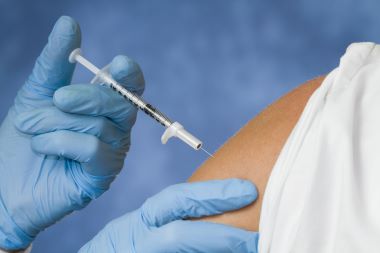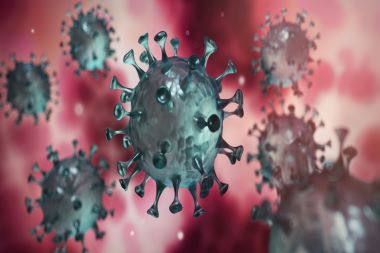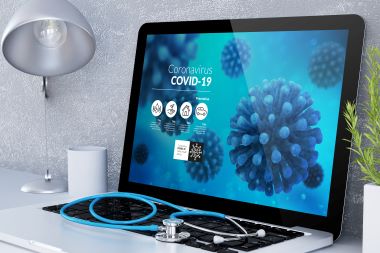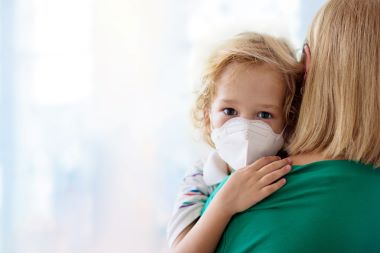The intersection of wellness and the ability to work has never been more precarious than it is today. More and more businesses are opening up. People are heading back to work—some enthusiastically, some with trepidation about the risks. Urgent care operators who offer occupational medicine services could offer solutions and reassurance to all parties, provided they’re able to make the case with decision-makers. A new article in Personnel Today points out that the chaos and …
Read More









